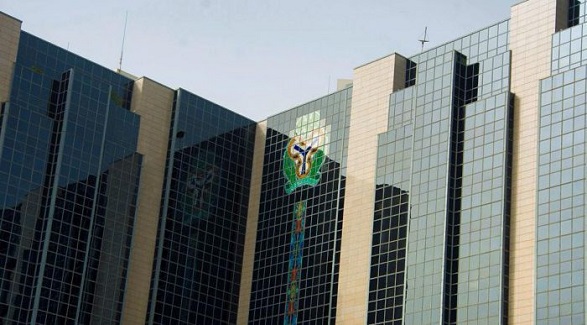Business
CBN fixes ceiling for loans to agric, manufacturing projects

The Central Bank of Nigeria (CBN) said the maximum credit issuable to agriculture, manufacturing, and other related sectors that are employment and growth stimulating to the economy would no longer exceed N10 billion per project.
Recall that the Director of Banking Supervision of the bank, Abdullahi Ahmad, had last week said the CBN would support banks that fund projects in the sectors by refunding Cash Reserve Ratio (CRR) at a single interest rate of 9 percent per annum.
In the guidelines for accessing the Real Sector Support Facility through CRR and corporate bonds released on Thursday, the apex bank said the effort was part of measures aimed at increasing the flow of credit to the real sector of the economy in order to consolidate and sustain the nation’s economic recovery.
The apex bank said under the differentiated CRR regime, Deposit Money Banks (DMBs) interested in providing credit financing to new and brownfield (new/expansion) projects in the real sector could request for the release of funds from their CRR to finance the verifiable projects.
The CBN noted that it would henceforth incentivize DMBs to direct affordable, long-term bank credit to the manufacturing, agriculture as well as other sectors considered by the bank as employment and growth stimulating, noting that repayments would be remitted quarterly to it.
It added that Corporate/Triple-A rated companies would be encouraged to issue long-term Corporate Bonds under the guidelines.
Read also: Nigeria earns $26bn from oil in 7 months as oil prices rise
The differentiated CRR would target mainly new projects with a tenor of a minimum of seven (7) years and two years of moratorium, while the participating financial institution would bear the credit risk, according to the guidelines.
“The activities to be covered under this program shall be greenfield (new) and expansion (brownfield) projects in manufacturing, agriculture, and other related sector approved by the CBN. Emphasis will however be placed on greenfield (new) projects,” it said.
Meanwhile, a total of N2.54 trillion was granted as loans by the DMBs to both agriculture and manufacturing sectors between April and June this year, according to a recent data obtained from the National Bureau of Statistics (NBS).
An analysis of the data by our correspondent showed that the amount dropped by N33.17 billion when compared with that of first quarter of 2018 and N175.79 billion when compared with the corresponding period last year.
Credit to agriculture was N523.08 billion in the period, while that granted to manufacturing was N2.02 trillion.
A further analysis revealed that credit to manufacturing sector had declined consistently by N248.45 billion since it peaked N2.27 trillion in third quarter of 2017, while that to agriculture had risen by N21.40 billion in Q2 2018 from previous quarter after it shed N26.57 billion from N528.24 billion recorded in Q1 2017.
The steady decline in credit to manufacturing may not be in tandem to the growth stimulating policies of the Federal Government, in particular the Economic Recovery and Growth Plan (ERGP).
The ERGP is a four-year medium term strategic blueprint of the Federal Government covering 2017 to 2020 and focusing on human capital investment, restoration of economic growth, and building a competitive economy.
RipplesNigeria… without borders, without fears
Click here to join the Ripples Nigeria WhatsApp group for latest updates.
Join the conversation
Support Ripples Nigeria, hold up solutions journalism
Balanced, fearless journalism driven by data comes at huge financial costs.
As a media platform, we hold leadership accountable and will not trade the right to press freedom and free speech for a piece of cake.
If you like what we do, and are ready to uphold solutions journalism, kindly donate to the Ripples Nigeria cause.
Your support would help to ensure that citizens and institutions continue to have free access to credible and reliable information for societal development.
























